Author: Chris Johnson
6 min listen
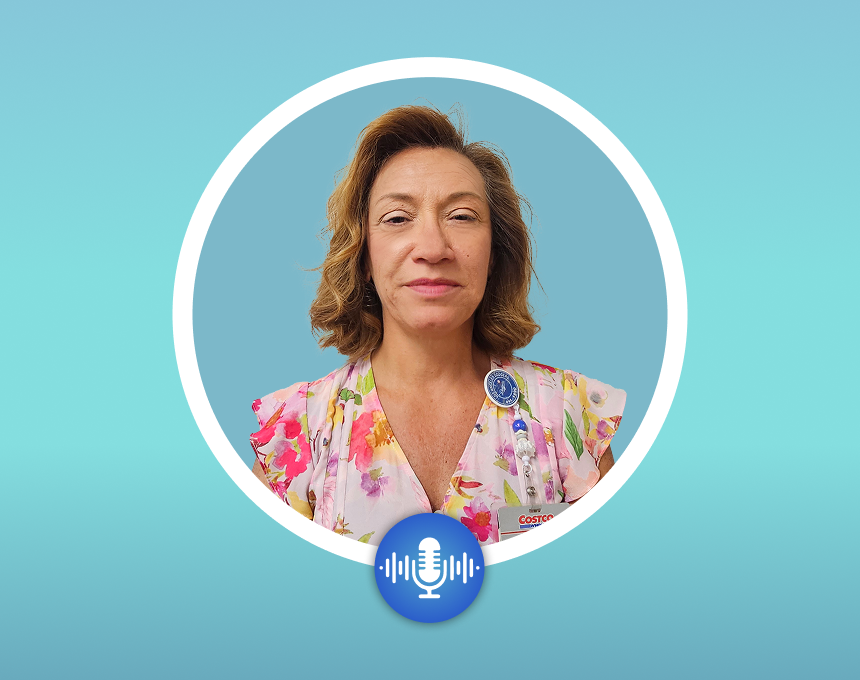
2 min read
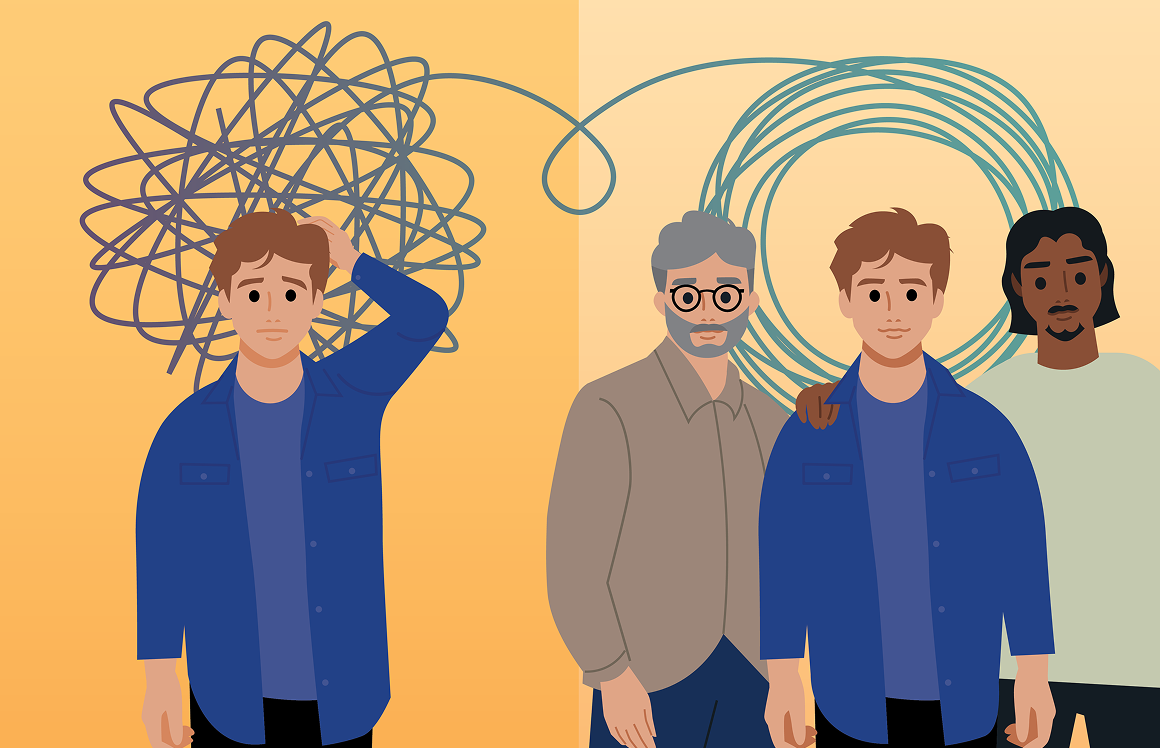

2 MIN READ
SEPTEMBER 2025
5 ways to stress less
We all feel stressed at times. It can be caused by a health concern, money struggles or a disagreement with your partner. Even the constant buzz of the warehouse can be overwhelming. Managing stress isn’t easy, but you have tools and resources to help you build healthy coping skills.
Looking for more? Find other articles below
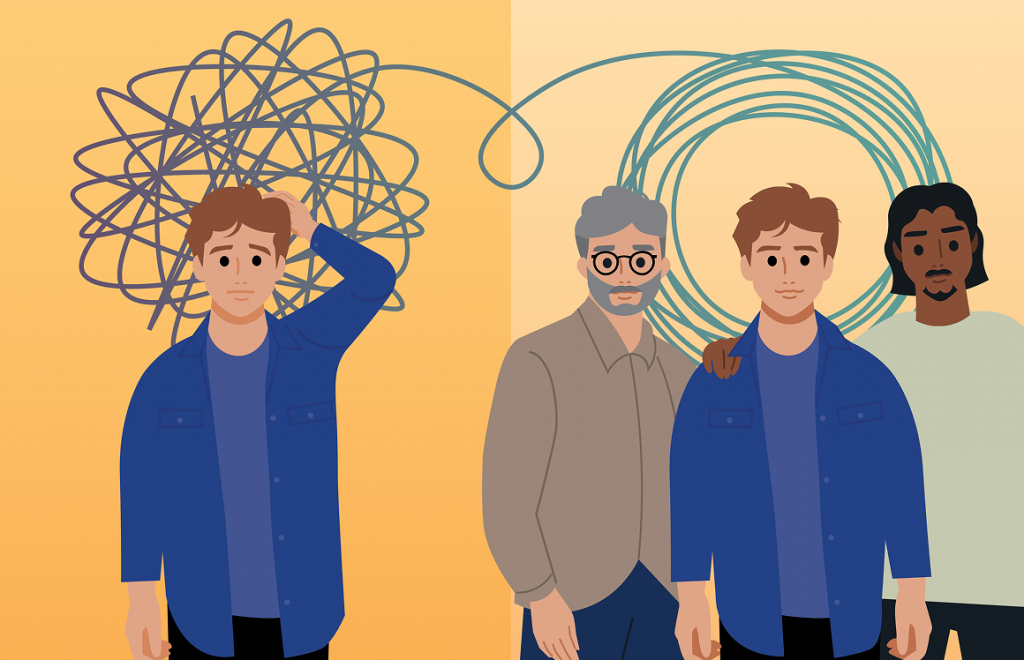
- Figure out your triggers — Journaling and mindfulness can help you spot patterns in your thoughts and identify triggers. When you start feeling a strong emotion, take a second to jot down some notes. Mention what was happening at that moment and how it made you feel. Visit RethinkCare and find out how to incorporate mindfulness into your workday.
- Talk it out — Your benefits include different options if you need to talk to someone. You have in-person, virtual and immediate options:
- Find a virtual or in-person therapist with help from Resources for Living® (RFL®).
- Get support from people going through similar things with Supportiv.
- Turn to AbleTo for programs that help with mental health and coping skills.
- Or call or text 988 24/7 for immediate support for you or someone else.
- Strengthen your safety net — Finances are one of the most common causes of stress. RFL can also point you to tools and financial coaching to help you manage money more effectively.
- Nurture your network — Focus on building healthy relationships. That way, you can be there for each other during stressful stretches.
- Sweat the small stuff — Exercise is great for your physical and mental health. It reduces stress, which can also help lower blood pressure. Strengthen your head and your heart with help from Omada for Diabetes, Hypertension and Prevention & Weight Health.
- Tip: Lighten the load on your wallet with LifeMart. LifeMart offers discounts for both in-person and virtual gym memberships.
Remember, no problem is too small to ask for help. Browse through your Benefits Guide for even more resources that support stress management.
3 min watch
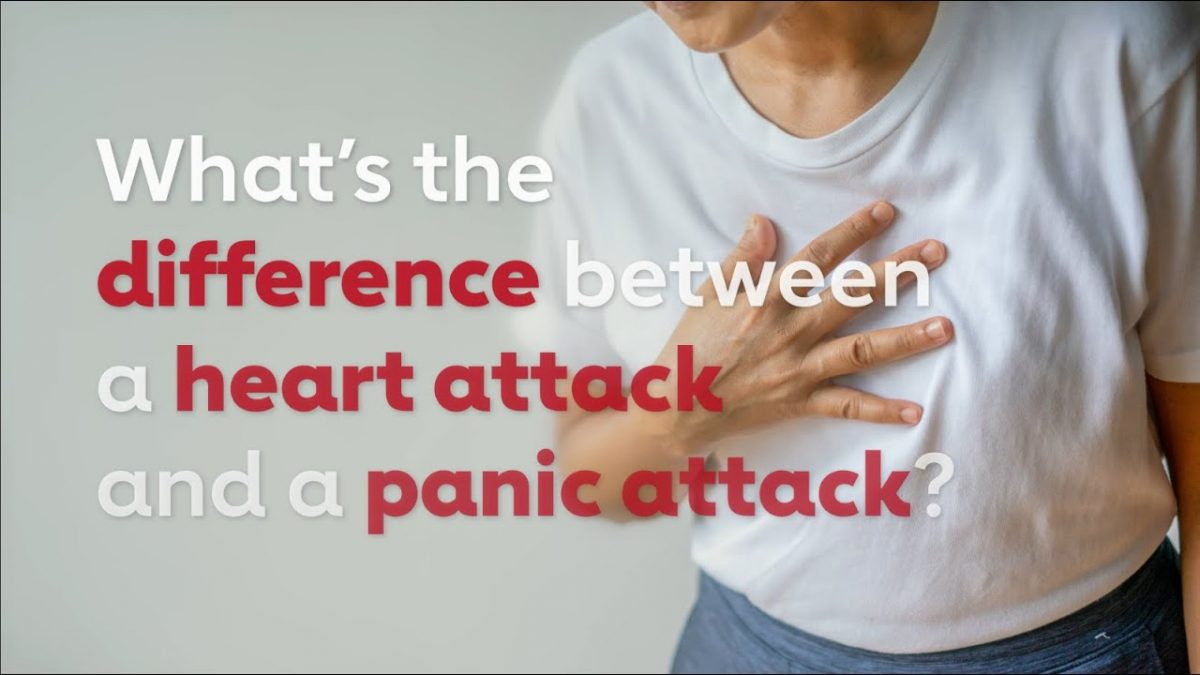

3 MIN WATCH
SEPTEMBER 2025
Video: Heart attack or panic attack?
Have you ever felt short of breath or your heart race? Both can be scary. You may have wondered if it was a heart attack or a panic attack. It can be hard to tell the difference. In this video, we’ll help you understand what’s happening and what to do.
Looking for more? Find other articles below
Show transcript

Source(s):
American Heart Association. Heart attack vs. panic attack: Know the difference.
2 min watch


2 MIN WATCH
SEPTEMBER 2025
Video: Suicidal doesn’t always look suicidal
Depression isn’t always obvious. While it can make people feel sad and hopeless, it may not show on the outside. This video from the Campaign Against Living Miserably shows us that, sometimes, the people who need the most help don’t act the way we’d expect.
Looking for more? Find other articles below
Show transcript
Real talk from real people who contemplated suicide
Depression and thoughts of suicide are like tunnel vision — they can make any light or hope seem small and impossibly far away. Supportiv collected stories from people who changed their minds about suicide. Even Olympian Michael Phelps has admitted to wanting to die by suicide.
“I remember going to treatment my very first day. I was shaking, shaking because I was nervous. I said to myself so many times, ‘Why didn’t I do this 10 years ago?’ But, I wasn’t ready. I am extremely thankful that I did not take my life.” — Michael Phelps
All these stories have one thing in common: They’re so glad that they’re still here. See below for some examples from the article.
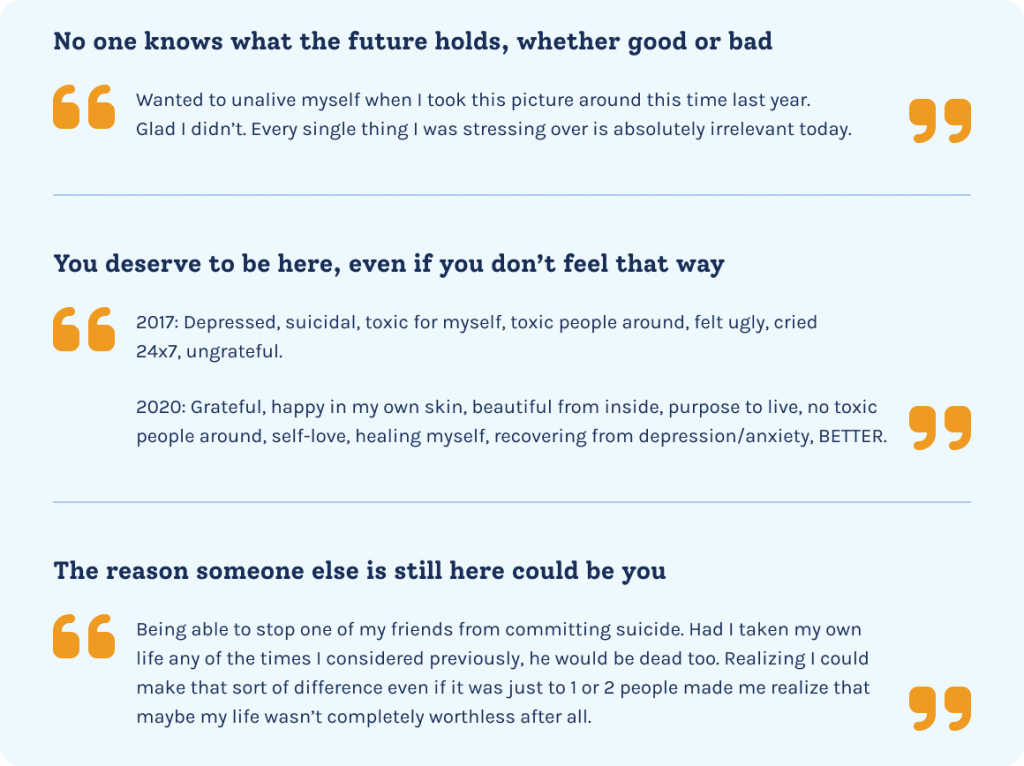
There’s always hope — and help
Remind someone that you’re a safe person to turn to or get help if you need it. There are free, anonymous, in-the-moment support options such as Resources for Living®. Call 833-721-2320 for help for you and your family if needed.
If you’re thinking about suicide or think someone might be at risk, call or text 988 to reach the Suicide & Crisis Hotline for immediate support, 24/7.
Looking for people who understand what you’re going through? Supportiv offers anonymous peer-to-peer group chats. All conversations are moderated and connect you with people who understand what you’re going through.
And don’t forget — you’re not alone. There are resources and people who can help.
1 min read
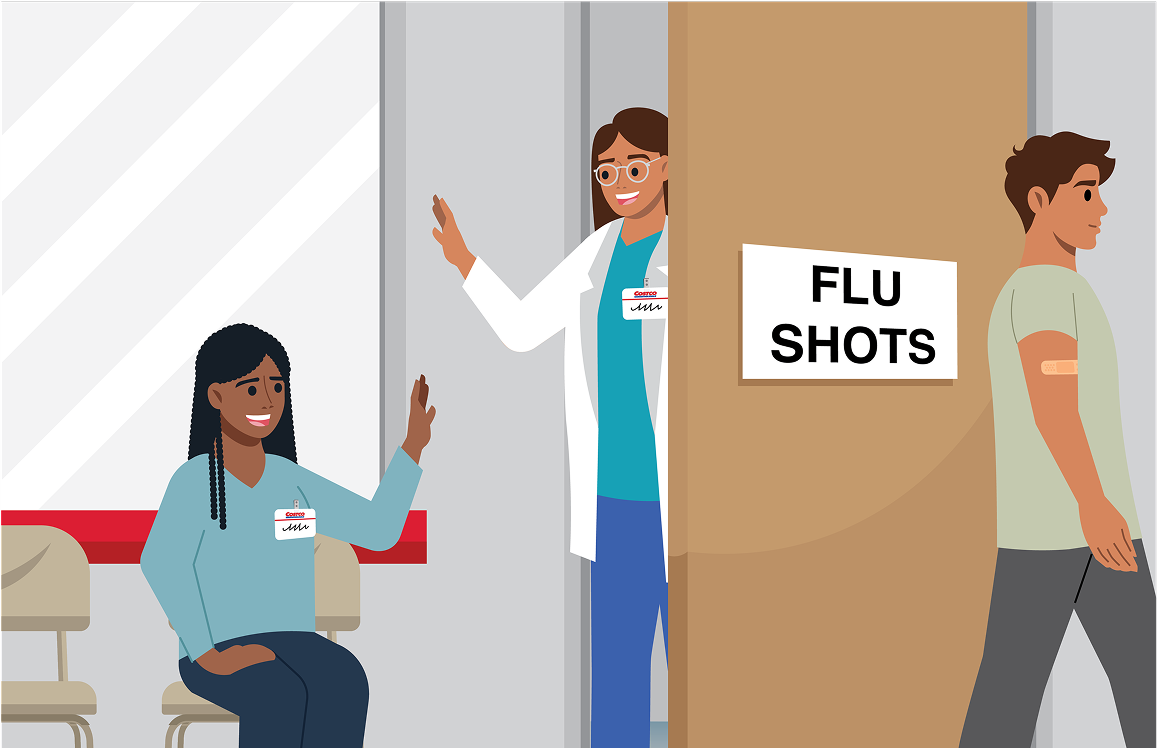

1 MIN READ
SEPTEMBER 2025
Protect yourself with free flushots and virtual physical therapy
Staying healthy has never been more convenient. Last year, ER visits related to the flu more than doubled among Costco employees. Protect yourself and others by getting your flu shot.
Looking for more? Find other articles below
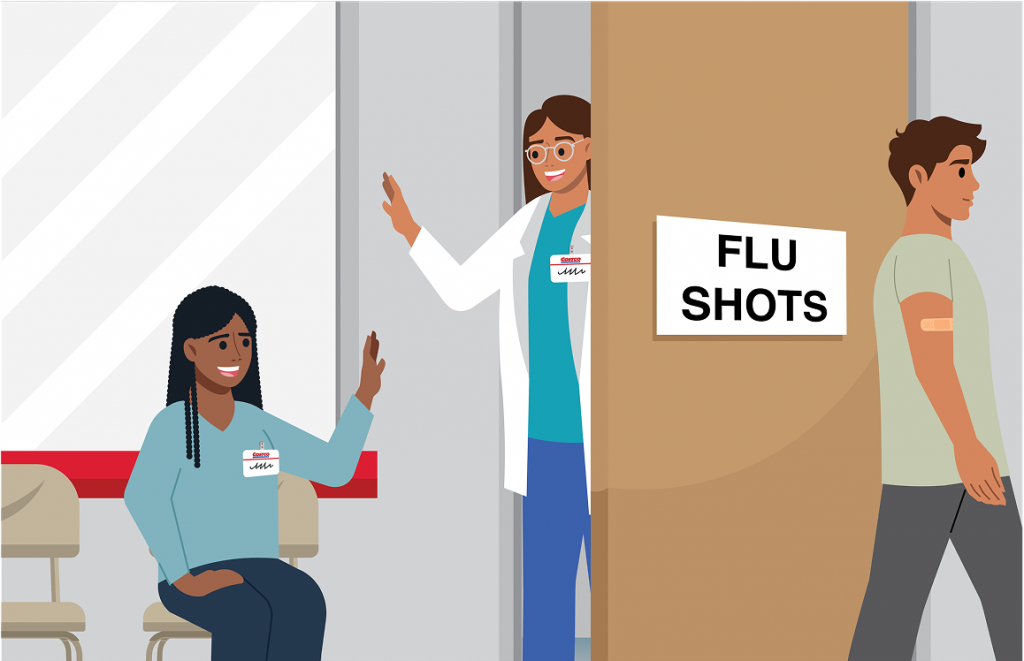
Stop by your Costco pharmacy for a free flu shot
They’re available to all Costco employees. Walkups welcome — no appointment needed!
Help out your friends in the pharmacy department by getting your flu shot before the flu-season rush. Employees and family members enrolled in a Costco medical plan can also get their flu shot for free. Remind them to make an appointment with their provider or at a Costco pharmacy.
Make sure you’re moving safely as well
Omada for Joint & Muscle Health offers virtual one-on-one physical therapy with a licensed physical therapist to help you bounce back from an injury, build strength and flexibility, or stay pain-free during everyday activities.
1 min read
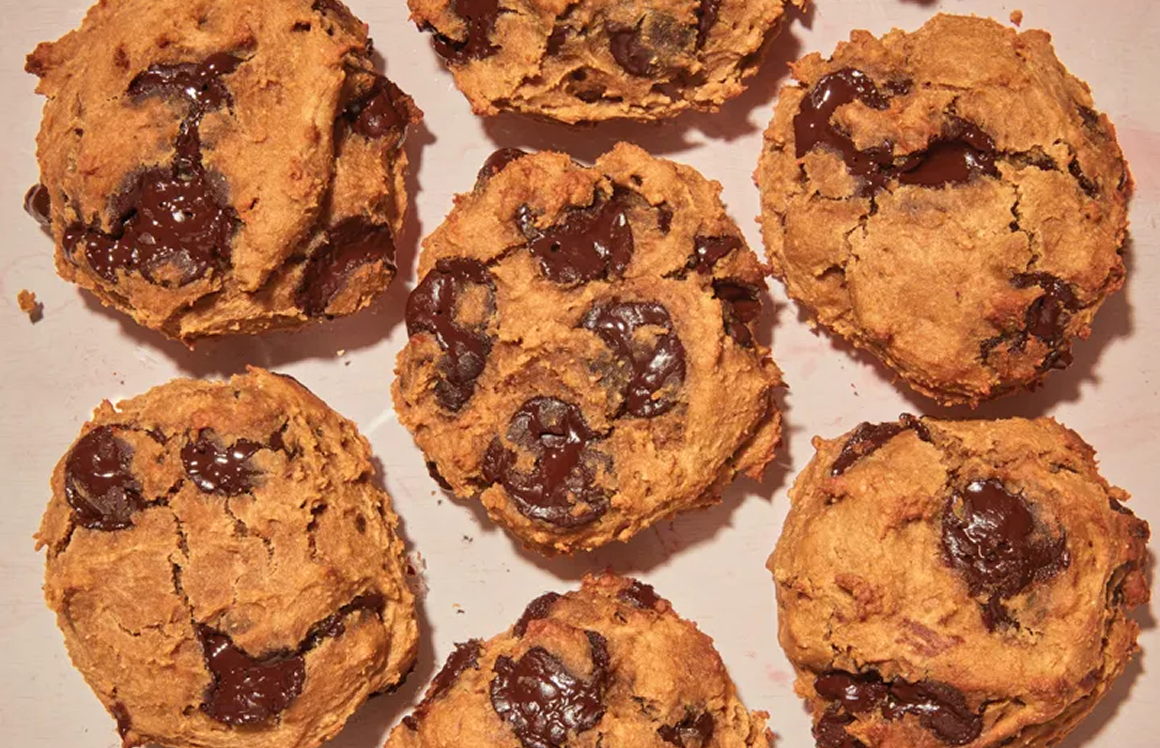
1 MIN READ
SEPTEMBER 2025
Peanut butter and chocolate chip cookies
The famous chocolate and peanut butter duo has a costar in this recipe. Canned chickpeas add nonfat moisture and texture and give each cookie 3 grams of protein.
Looking for more? Find other articles below
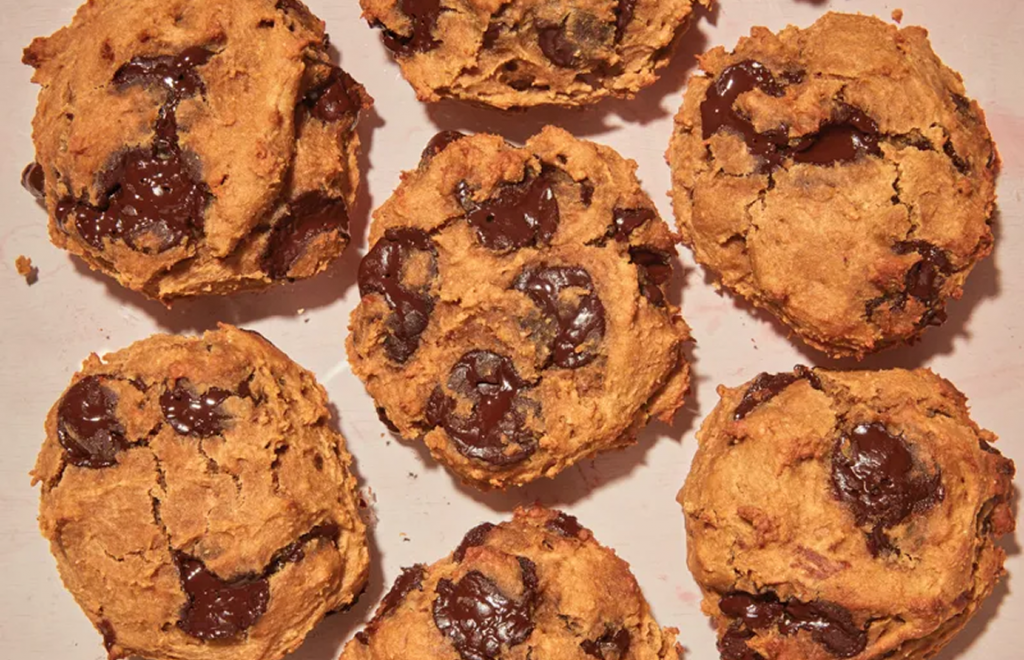
Ingredients:
15 oz. canned chickpeas (garbanzo beans), rinsed and drained
1/2 cup packed brown sugar
1 large egg
3 tbsp. canola oil
2 tsp. vanilla extract
3/4 cup powdered peanut butter
1/2 cup whole-wheat pastry flour
1/2 tsp. baking soda
1/4 tsp. salt
1/2 cup semisweet chocolate chips
Directions:
Step 1
Arrange racks in the upper and lower thirds of the oven. Preheat the oven to 350°F. Line 2 large sheet pans with parchment paper.
Step 2
In a food processor, pulse the chickpeas until finely chopped, scraping down the sides of the bowl as needed. Add the sugar, egg, oil and vanilla, and process until smooth.
Step 3
In a medium bowl, whisk the powdered peanut butter, flour, baking soda and salt. Add the flour mixture to the food processor, and pulse until just blended, 6 to 8 times. Add the chocolate and pulse until just combined, 2 to 3 times.
Step 4
Scoop 1½ to 2 tbsp. of the dough onto the prepared pans, about 12 cookies per pan. (The dough will be sticky.) Using a spatula, flatten each cookie slightly. Bake until the cookies are set, 12 to 15 minutes, rotating the pans after 7 minutes. Put the cookies on a wire rack to cool.
Serving size: 1 cookie
Nutrition
Serving size: 1 cookie | Calories: 98 | Total fat: 4 g | Saturated fat: 1 g | Sodium: 119 mg | Total carbohydrates: 14 g | Sugar: 7 g | Fiber: 2 g | Protein: 3 g
Source: WeightWatchers
Looking for more healthy recipes? With the WeightWatchers® program and award-winning app, you can lose weight, eat healthier, move more and develop a more positive mindset. All Costco employees age 18+ get an exclusive discount off the retail price and can join for as low as $9 per month. Sign up at WW.com/Costco or call 866-204-2885.
7 min listen
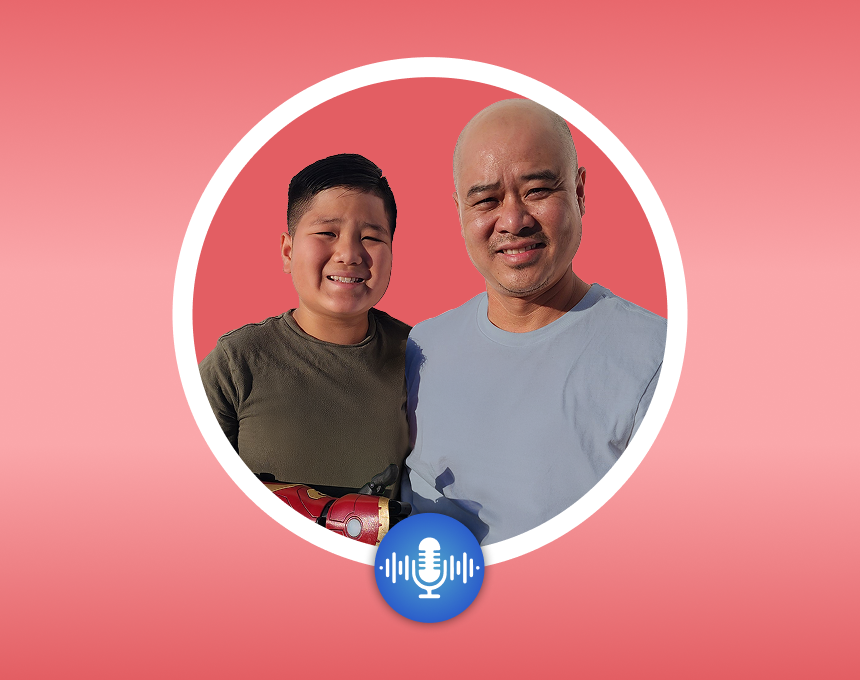
3 min read
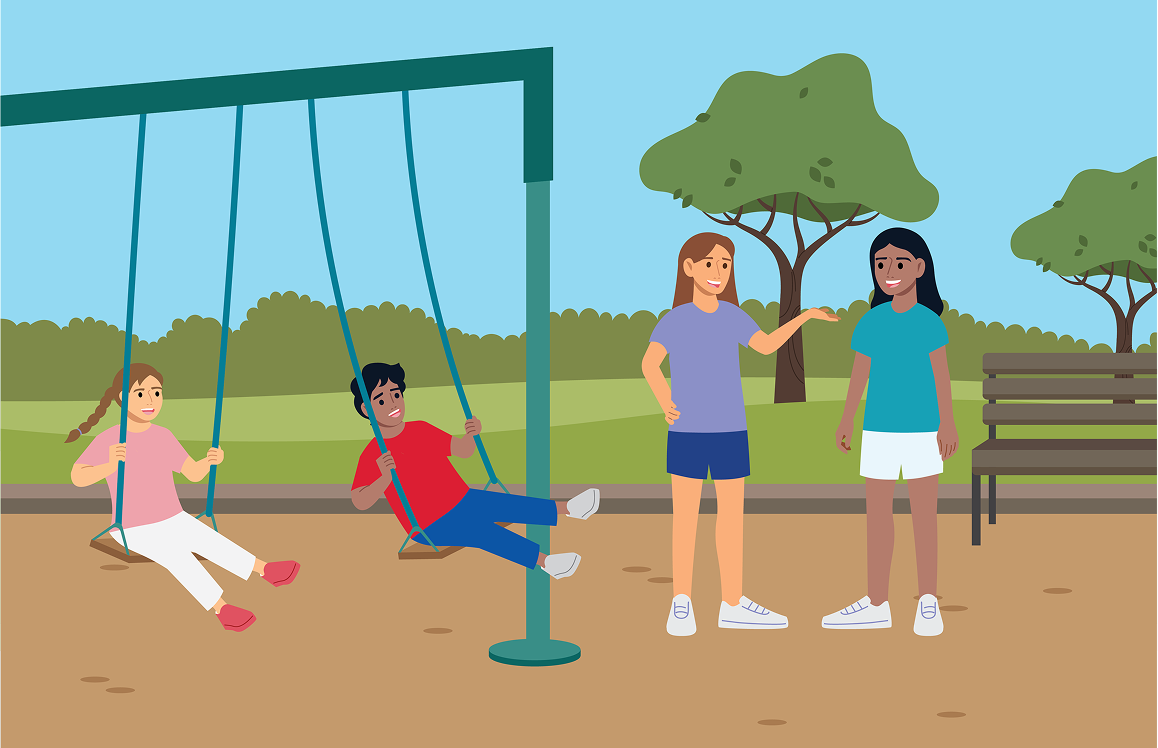

3 MIN READ
AUGUST 2025
Do’s and don’ts of making friends
Friends are a big part of feeling happy and supported in life for both kids and adults. For kids especially, having friends can improve their quality of life and how well they do at school. Friendships can also help them adjust to changes more easily.1 Talk with your kids about how to be a good friend — and how to recognize who is a good friend.
Looking for more? Find other articles below
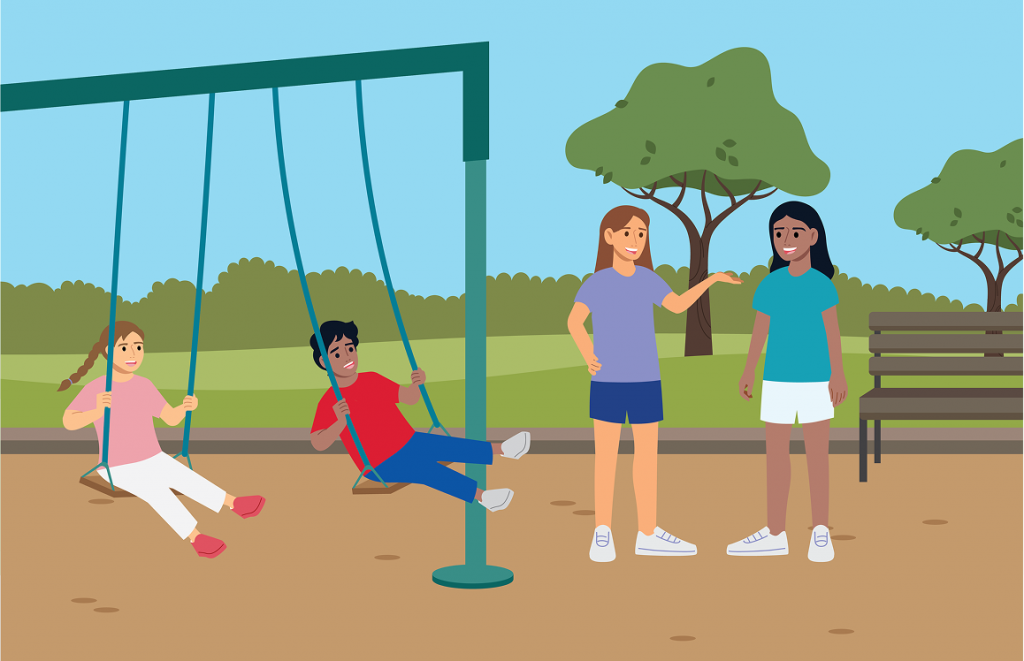
A good friend:2
- Listens: They care about what you have to say or want to do.
- Supports: They’re there for you when you’re sad or having a hard time.
- Respects: They treat you kindly and don’t try to hurt your feelings.
- Shares interests: You have fun together and like the same things.
Here are signs someone isn’t a good friend:
- It feels one-sided: They don’t think about what you like to do or how you feel.
- They make you feel bad: If they put you down or treat you differently around certain people, it’s a red flag.
- They’re mean or bossy: A good friend won’t be unkind or controlling.
How to set boundaries:
Boundaries help protect what you are and aren’t comfortable with. Here are some tips:
- Say no: It’s okay to say no to things that make you uncomfortable.
- Speak up: If someone hurts your feelings, tell them.
- Choose your friends wisely: Spend time with people who make you feel good about yourself.
Tips for parents:
- Talk openly: Have regular conversations about friendships and feelings.
- Model good behavior: Show how to be a good friend by being one yourself.
- Encourage self-reflection: Help your child be aware of what they like and don’t like in a friend.
Are you or your kids having a hard time?
Some phases of life aren’t easy for us or our kids. It could be an adjustment to a new job or school year. Or maybe navigating tough dynamics with a co-worker or friend. Lean into your benefits for help to get through it. See below for resources that support making friends and healthy relationships.
1Exchange Family Center. The benefits of early childhood friendships and 3 tips for helping your child establish meaningful friendships.
2Cleveland Clinic. Social skills 101: How to help your child make friends.

